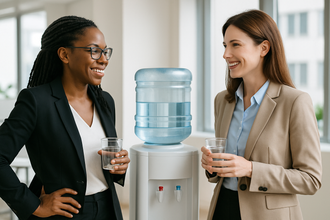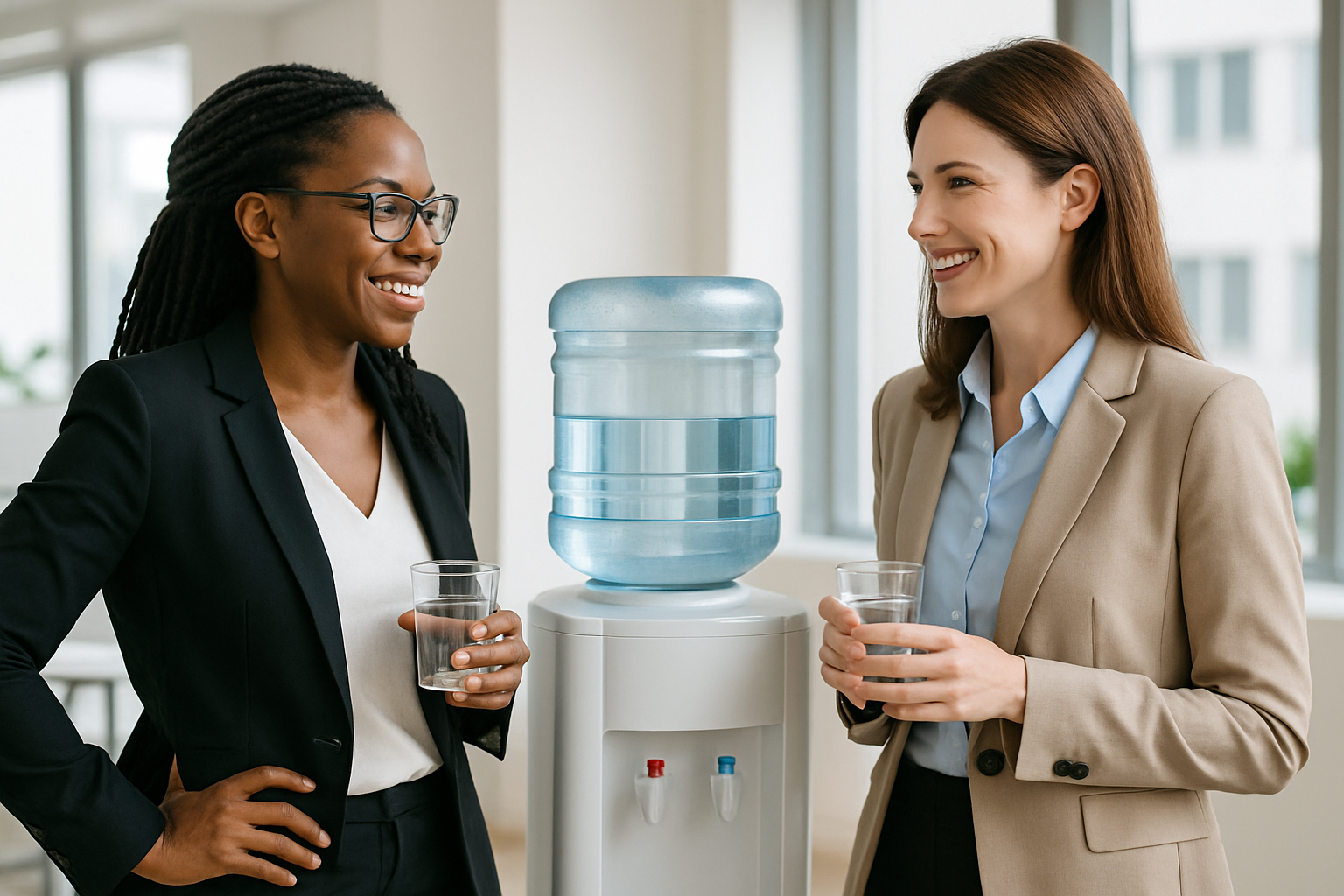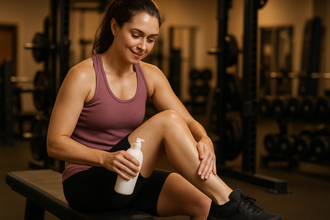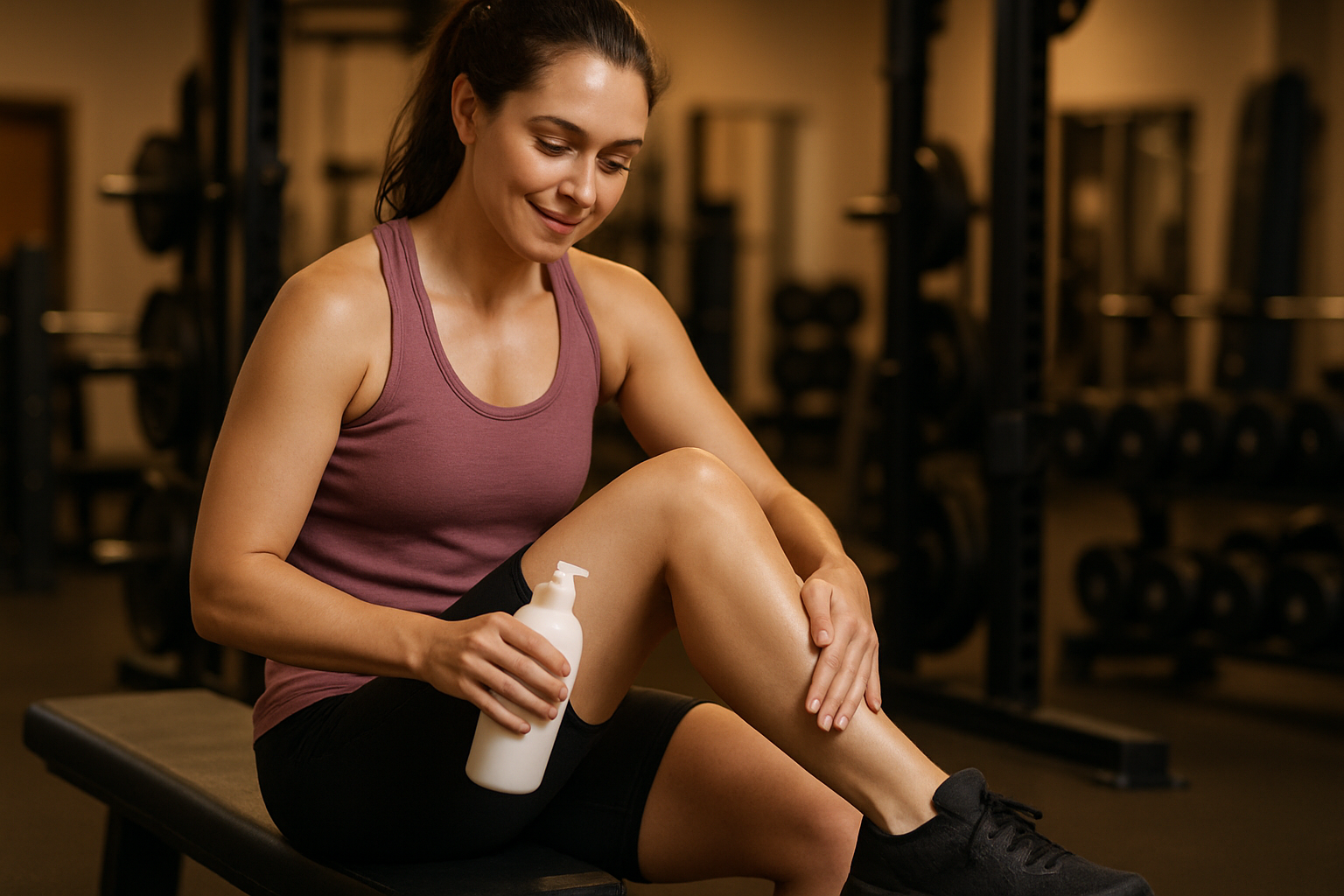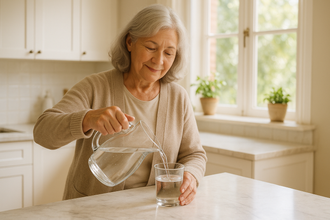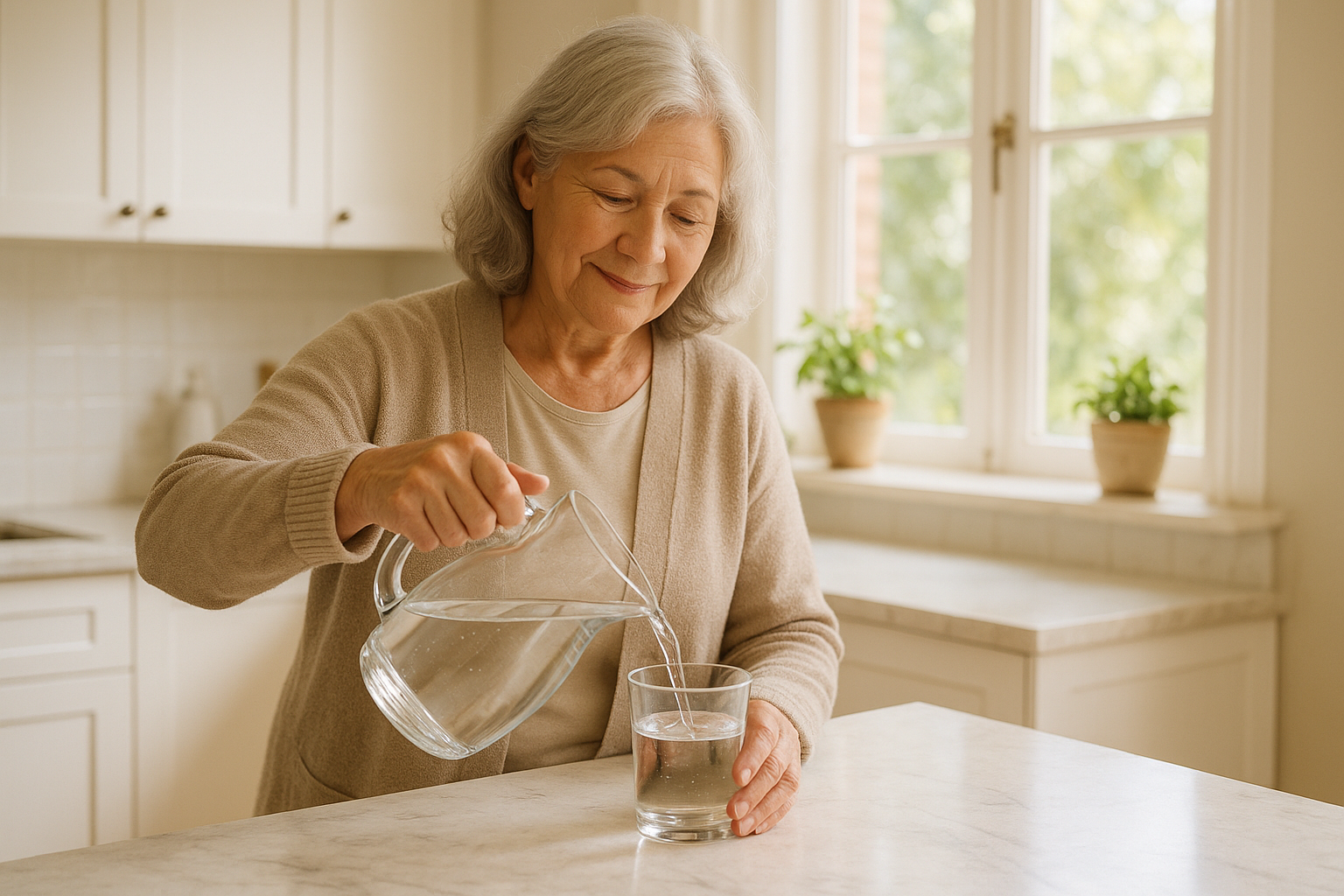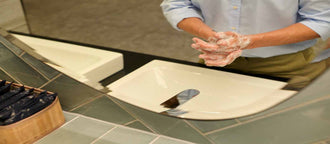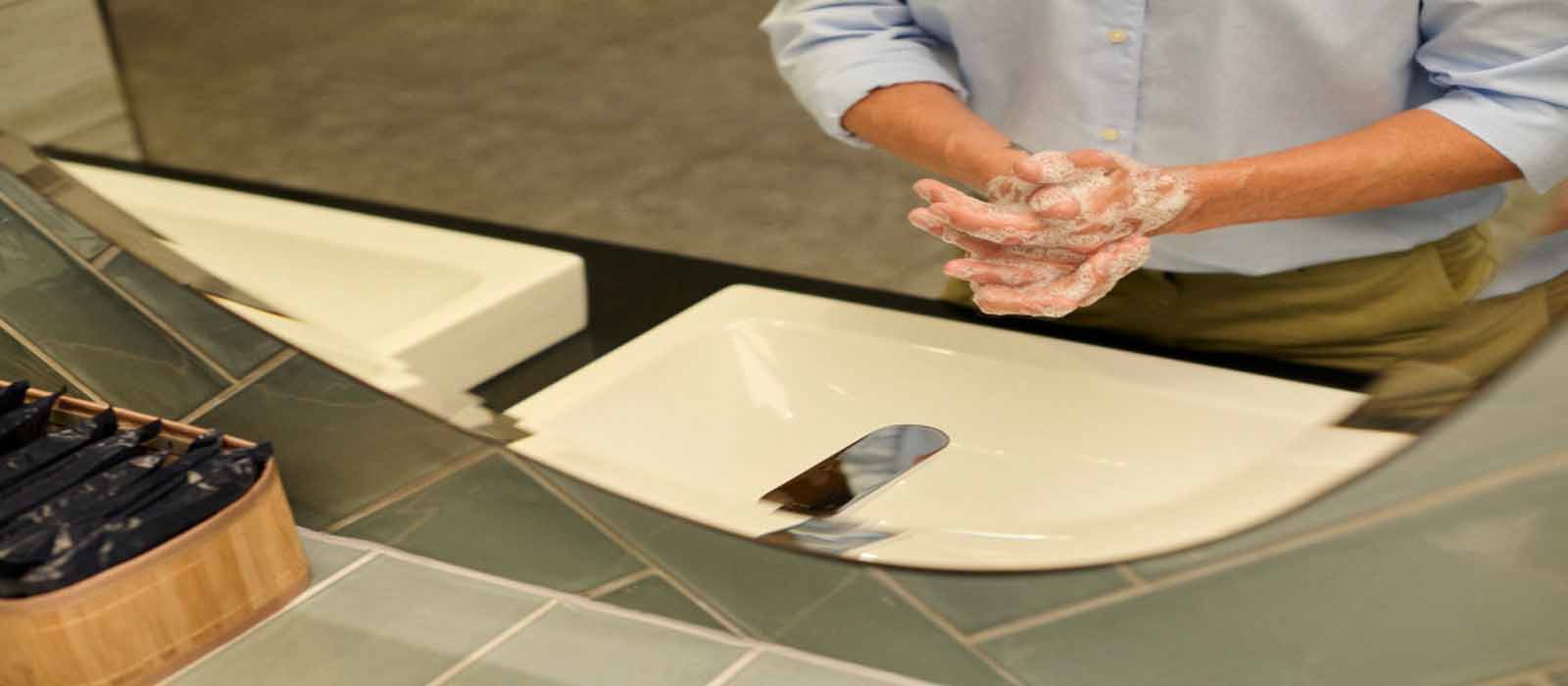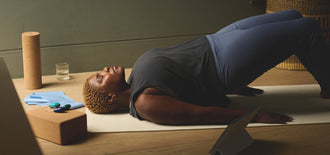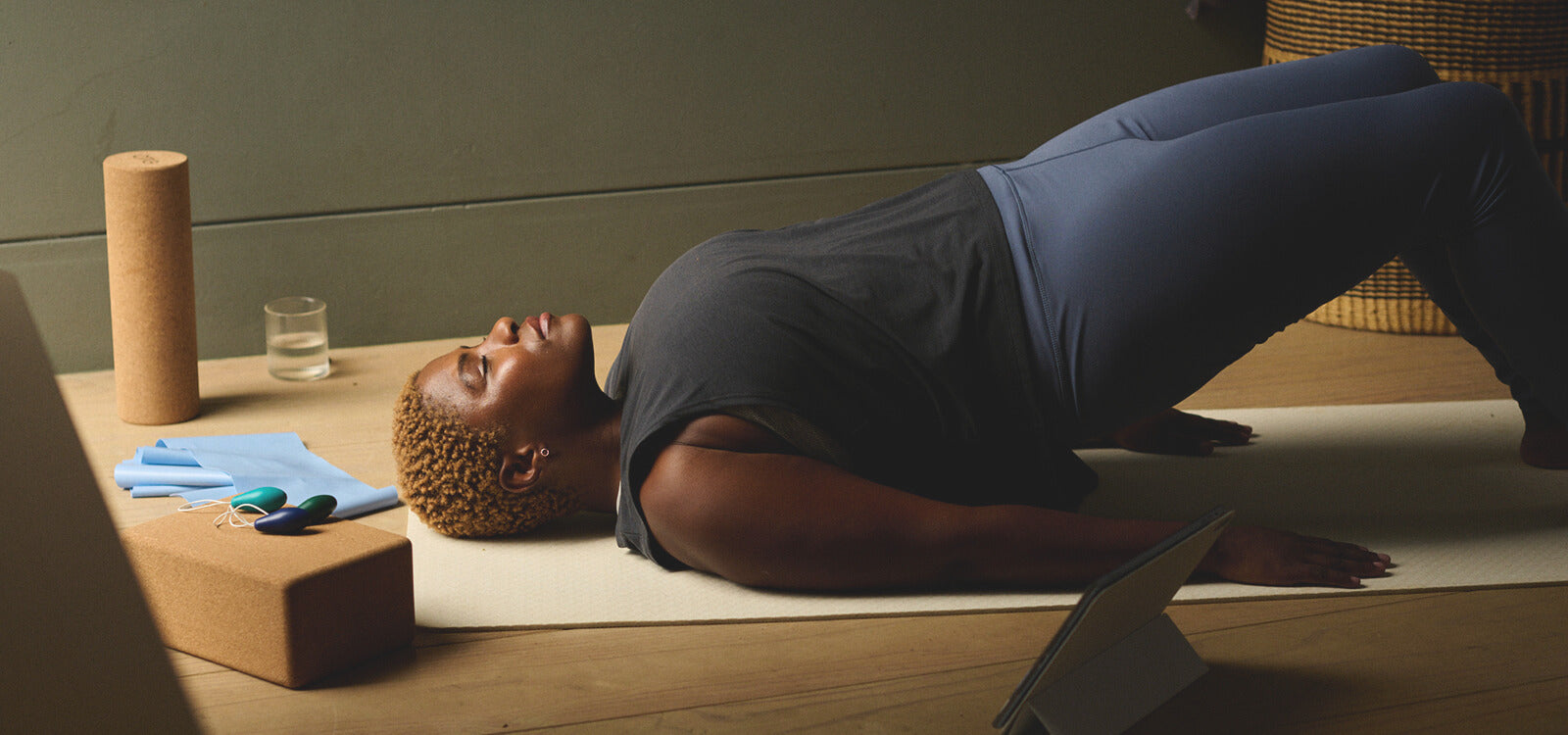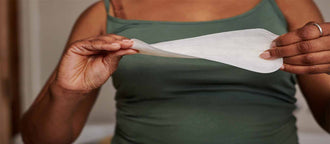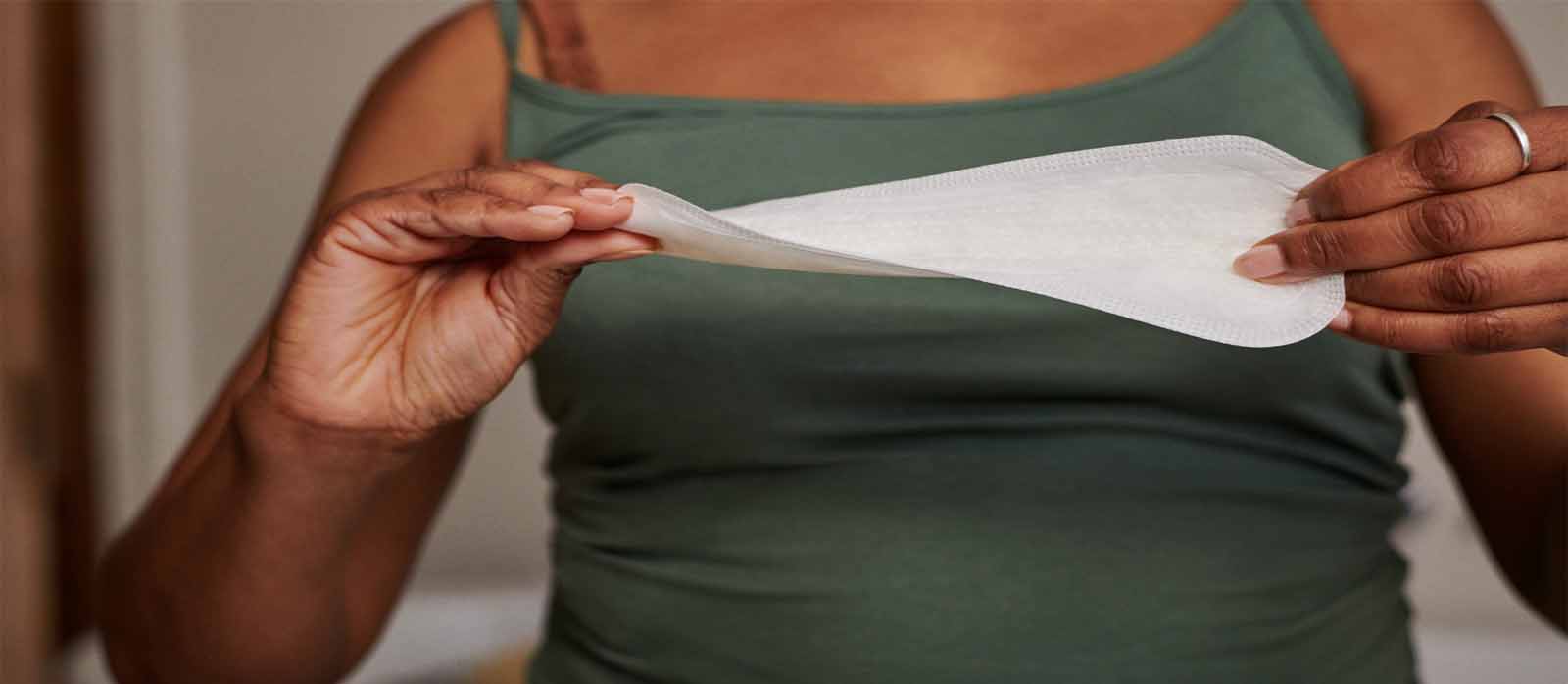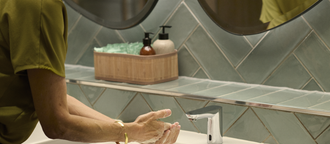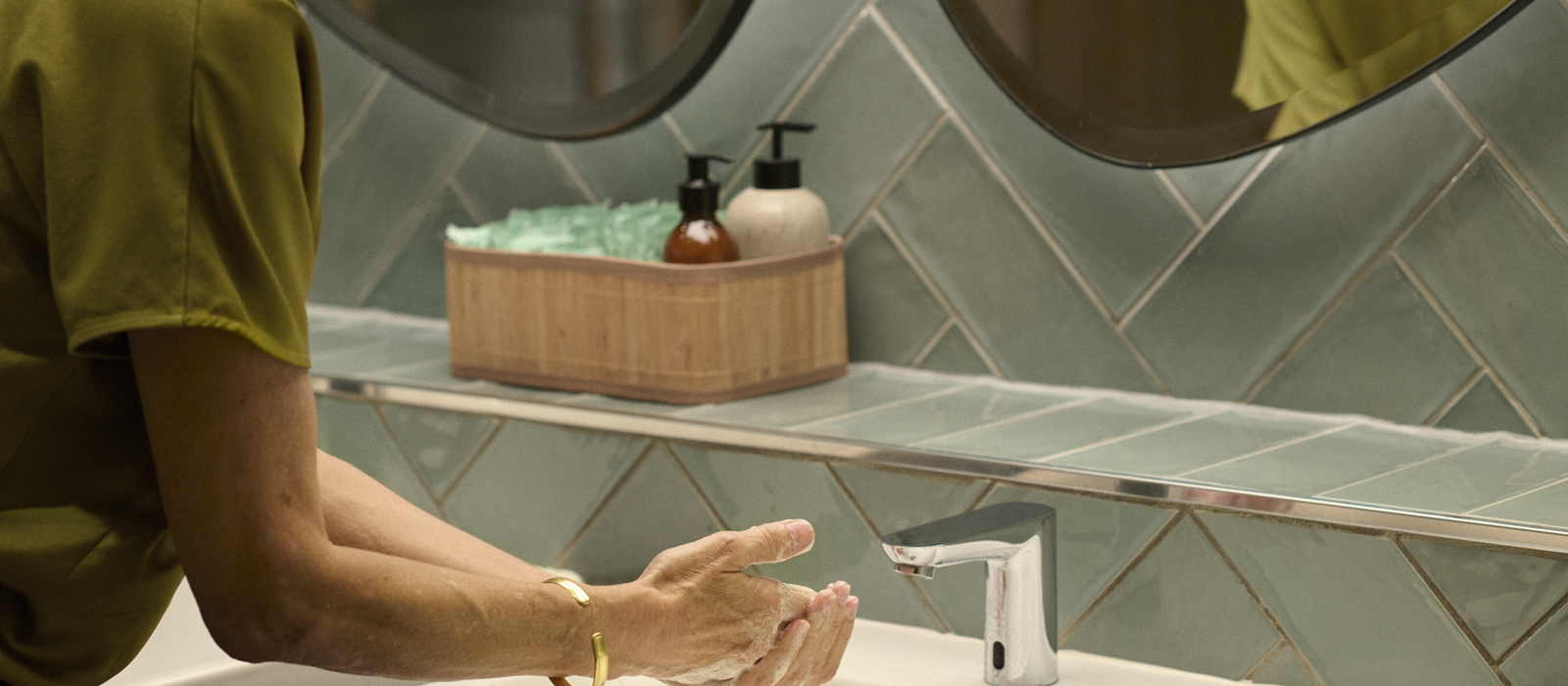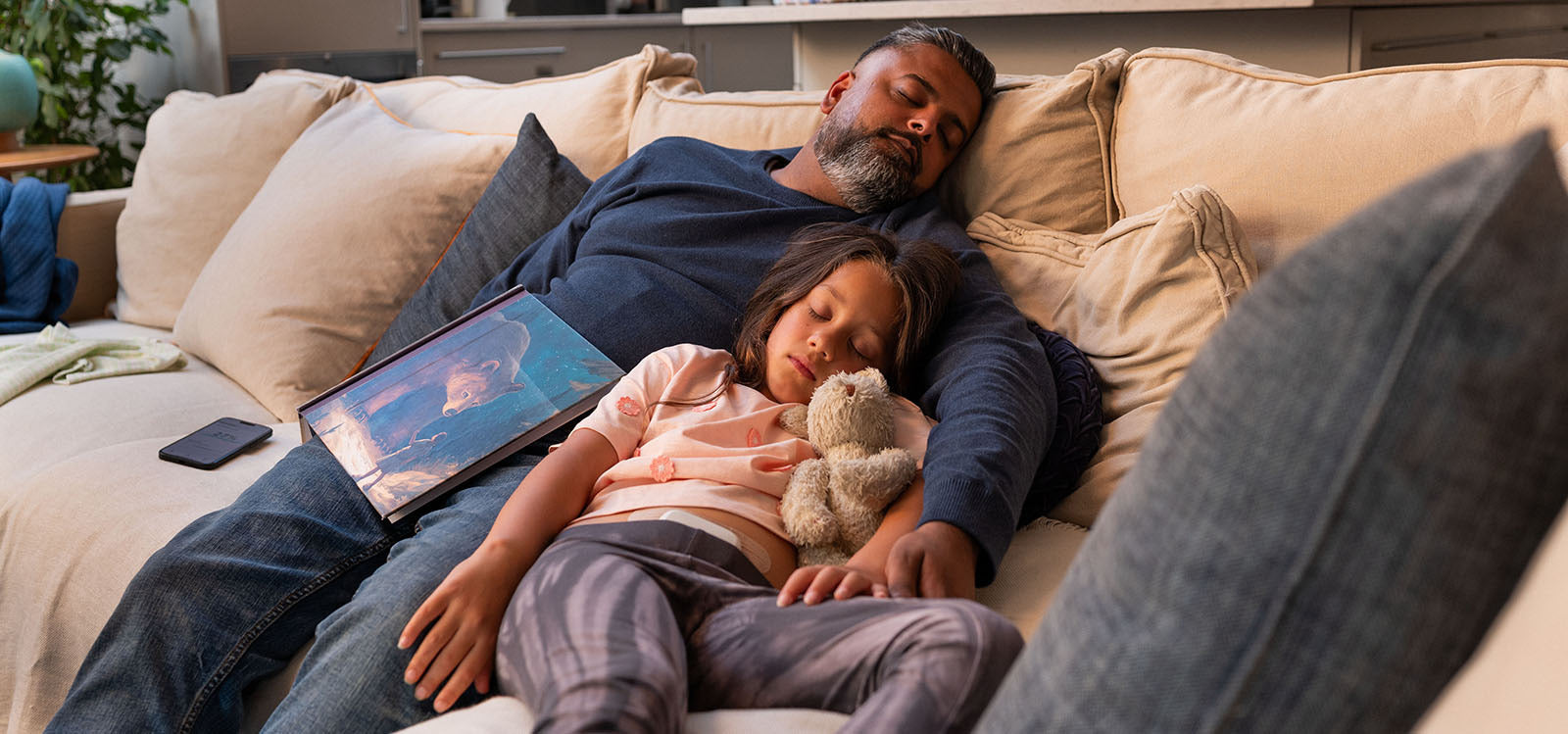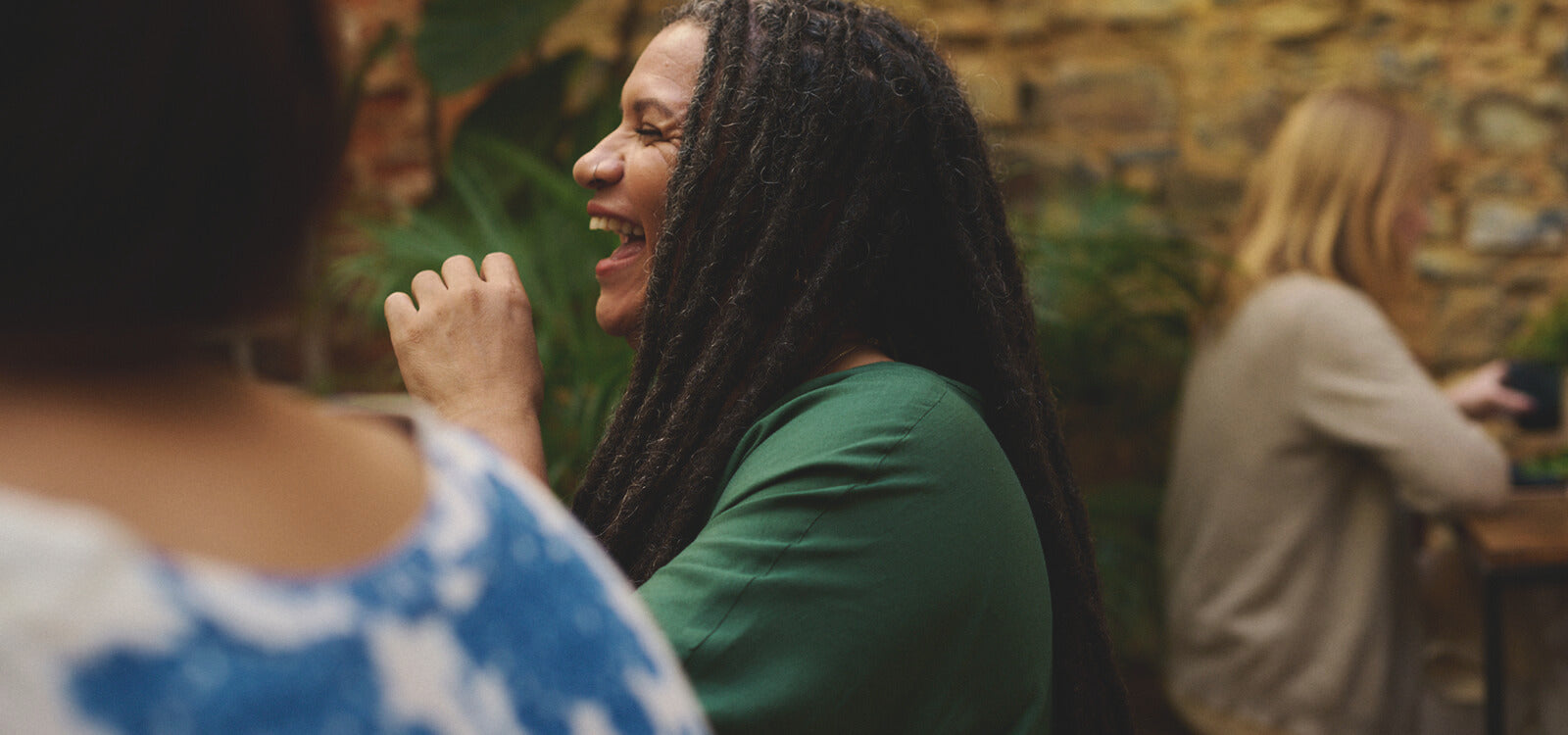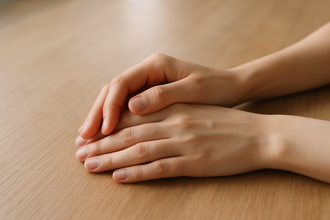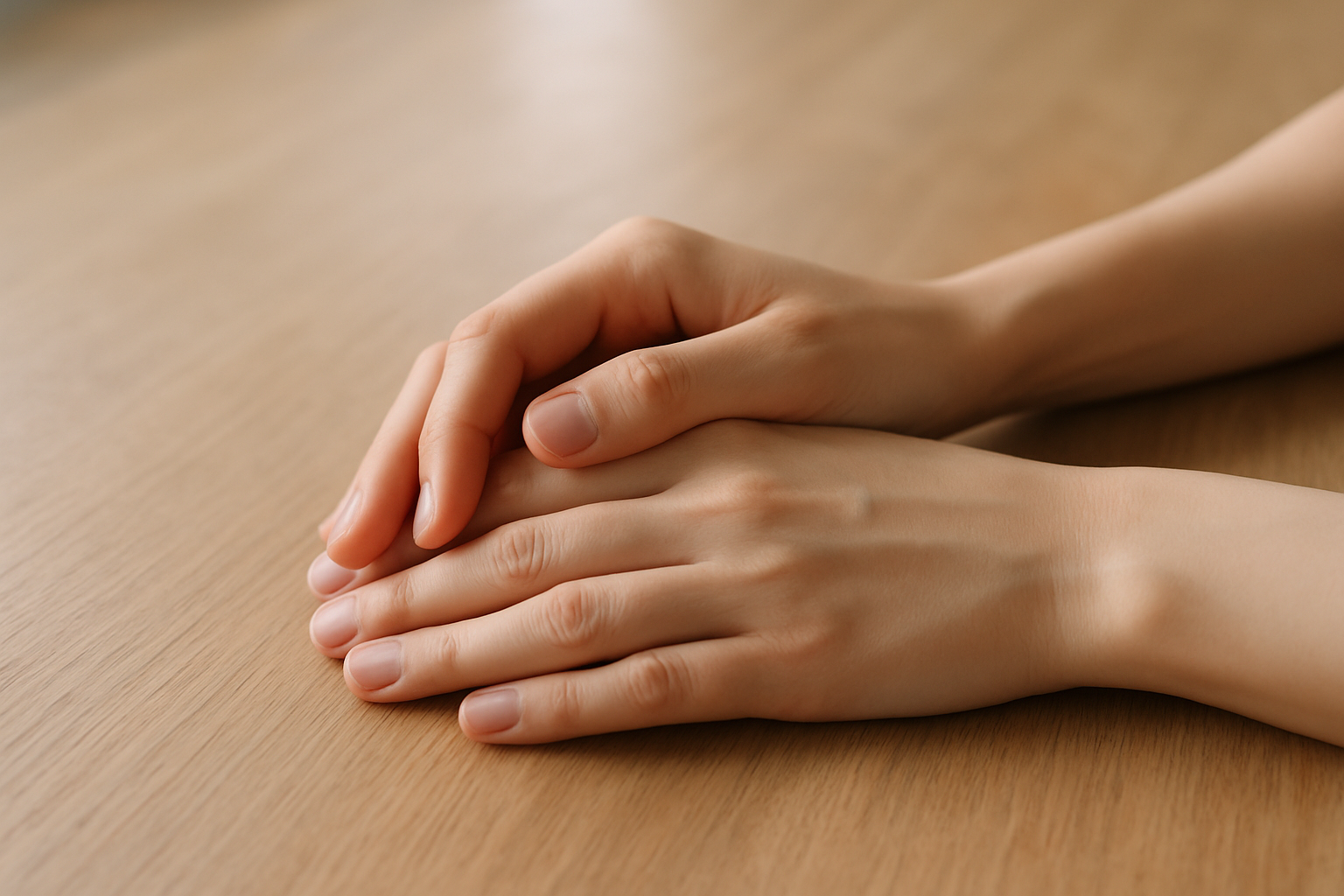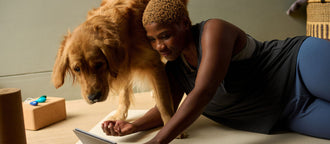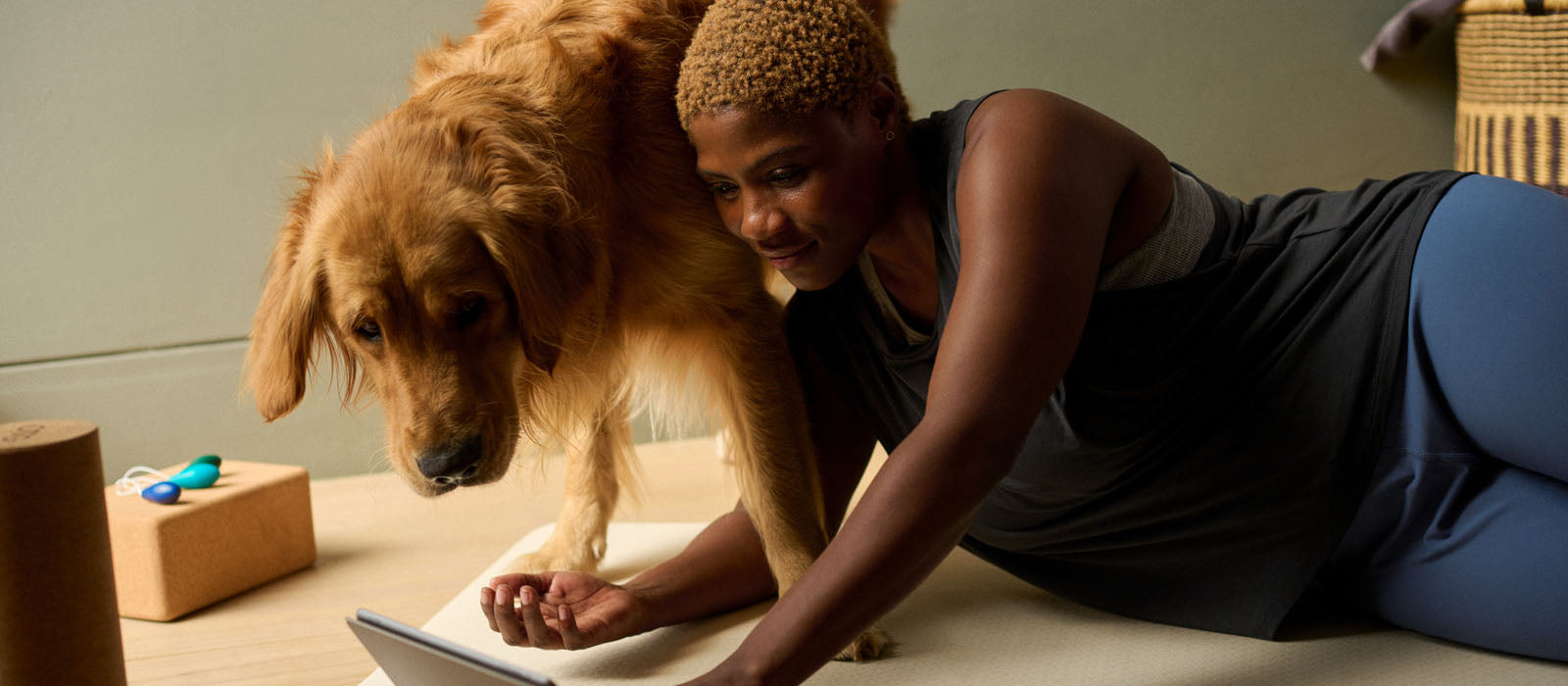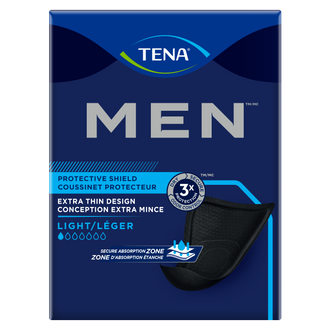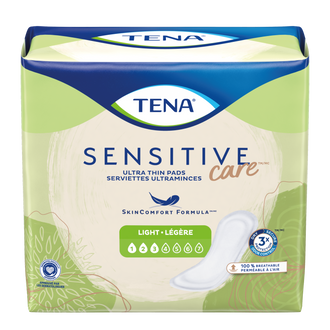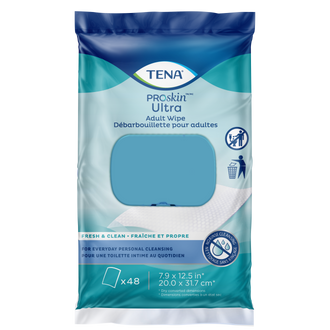Nov 27, 2024
Bringing a baby into the world is life-changing, but it can also come with some unexpected challenges—like urinary incontinence.1 If you’ve noticed a little leakage after giving birth, you’re not alone.
The good news? It often improves as your body heals, and there are plenty of ways to manage and prevent it. In this article, we’ll dive into the symptoms, risk factors, and treatments for postpartum incontinence, helping you feel more in control and confident.
Understanding Postpartum Incontinence
Postpartum incontinence is when you experience unintentional leakage of urine after giving birth.1 It’s actually quite common—in fact, research shows that around one in three new moms experience this at some point, from the later stages of pregnancy through the first few months postpartum.1
Types of Incontinence
After pregnancy and childbirth, your body goes through all kinds of hormonal changes, and one of the more unexpected things that can pop up is urinary incontinence.1
So, what types of urinary incontinence might new moms experience? Here are the two main types:
- Stress Incontinence: This happens when there’s leakage during activities that put pressure on the bladder, like laughing, coughing, sneezing, or exercising.1
- Urge Incontinence: This type is marked by a sudden, intense urge to urinate, which can lead to leakage if you can’t make it to the bathroom in time. 1
Understanding these types can help you figure out what you’re dealing with and how to find the right solutions.
For more in-depth information, check out these resources
- Understanding Urinary Incontinence in Adults: A comprehensive look at incontinence in adults, covering symptoms, causes, and treatment options
- What is Stress Incontinence?: An article that dives deeper into stress incontinence, its causes, and effective management strategies.
Causes of Postpartum Incontinence
Hormonal Influences
During and after pregnancy, your body experiences major hormonal shifts that can affect your pelvic floor muscles and bladder control, sometimes leading to unexpected leaks.1
Physical Strain of Childbirth
Childbirth can cause pressure and stretching of your pelvic muscles and nerves, leading to some damage, or weakening.1 This can make it harder to regain the usual control over urination, which can result in some unexpected leaks postpartum.1
Other Risk Factors
There are also a few other things that can bump up your risk of developing postpartum incontinence.1 For instance, if you have a bigger baby, the extra weight can put even more pressure on your body during delivery.1
The length of your labor matters too; longer labors can increase your risk of postpartum incontinence.1 And if your delivery involved tools like forceps, that could also increase the chances of injuring your pelvic floor muscles, making postpartum incontinence more likely. 1
Understanding these causes is important, as it can help you know what to expect after giving birth and highlight the importance of reaching out for support if you find yourself dealing with incontinence.
How Long Does Postpartum Incontinence Last?
Typical Recovery Timeline
Urinary incontinence often gets better on its own as your body heals after childbirth.1 However, in some cases, it might stick around longer.1
If you find that it continues for more than six weeks after giving birth or if you have any specific worries about it, it’s a good idea to reach out to a healthcare professional.1 They can help you figure out what’s going on and explore options for treatment.1
Factors Affecting Duration
That said, several factors can influence how long postpartum incontinence sticks around. For example, the severity of any muscle damage during childbirth plays a big role in recovery time.2
Overall health also matters—if you’re taking care of yourself and following a healthy lifestyle, you might bounce back faster.3 It’s important for moms to know that postpartum incontinence doesn’t have to be something they put up with every day. There are plenty of solutions out there, and usually, it just takes that first step of asking for help to start making things better.3
When to Seek Help
It’s common to experience a little urinary incontinence during pregnancy, and it can hang around for a few weeks after giving birth without raising any red flags.1 However, if you're worried about it or if it continues for more than six weeks after having your baby, it’s definitely worth chatting with your doctor, midwife, or nurse.1
Also, if you find that urinary incontinence is impacting your quality of life or affecting your mental well-being, don’t hesitate to seek help.1Healthcare professionals can work with you to create a treatment plan that can help reduce your symptoms and improve your overall quality of life.1
Managing Urine Leakage
It’s good to remember that incontinence after having a baby doesn’t have to be part of your everyday life. There are plenty of solutions, and often it just starts with reaching out and asking for help.3 Here are some options to manage unintended leakage:
Lifestyle Adjustments
Managing urine leakage can often start with some simple lifestyle changes. Here are a few practical tips to help you stay in control:
- Schedule Bathroom Visits: Try to set regular times to visit the bathroom, even if you don’t feel an urge. This can help train your bladder.2
- Maintain a Healthy Weight: Keeping a healthy weight postpartum can reduce the pressure on your bladder and pelvic floor.1
- Avoid Bladder Irritants: Some foods and drinks can irritate your bladder, like caffeine, and spicy foods. Cutting back on these might help reduce leakage.3
For more tips on keeping your bladder and kidneys healthy, check out What to Eat and Drink for Bladder and Kidney Health
Protective Products
When it comes to managing urine leakage, using protective products can be a true game changer, especially during pregnancy and postpartum.1 TENA offers a range of incontinence pads and liners designed to provide the extra support you need, helping you feel more comfortable and confident throughout your day.
For pregnant women, TENA’s Light Liners are ideal for light leakage, while TENA Overnight Pads provide extra protection during the night, ensuring you wake up feeling fresh. With their reliable absorbency and discreet fit, you can go about your daily activities without worry.
The variety of options will help you to find the perfect fit for your needs.
How to Do Kegel Exercises
Kegel exercises are a great way to strengthen your pelvic floor muscles, which can really help improve bladder control.2
To do Kegels2:
1. Make sure your abdominal, thigh, and buttock muscles are relaxed.
2. Contract your pelvic floor muscles.
3. Hold the contraction for a count of 10.
4. Then, relax the pelvic floor muscles for another count of 10 seconds.
Find More Practical Advice on Exercise for Incontinence:
Pelvic Floor Therapy for Postpartum Pain
Pelvic floor physical therapy can be incredibly beneficial as a first line treatment during postpartum recovery.3 This therapy focuses on strengthening the pelvic floor muscles and build muscle memory and strength.3 A trained therapist can help identify areas of weakness to help a woman build a strong pelvic floor, making it a valuable option to consider.4
Conclusion
To wrap things up, it’s important to remember that postpartum incontinence is a common experience for many new moms, and there are effective ways to manage it. From lifestyle adjustments and protective products to Kegel exercises and pelvic floor therapy, there are plenty of strategies you can explore.2,3
If you have concerns, don’t hesitate to reach out to a healthcare provider or look for support groups. You're not alone in this journey, and there are resources available to help you navigate postpartum incontinence.
References
1. MedicalNewsToday. ‘What to know about urinary incontinence after childbirth’. 2022. Available from: https://www.medicalnewstoday.com/articles/urinary-incontinence-after-childbirth
2. WebMD. ‘Urinary Incontinence and Pregnancy’. 2023. Available from: https://www.webmd.com/urinary-incontinence-oab/pregnancy
3. University of Colorado. ‘Incontinence after childbirth’. 2024. Available from: https://urogyn.coloradowomenshealth.com/conditions/bladder/incontinence-after-childbirth.html#:~:text=Incontinence%20after%20childbirth%20at%20a%20glance&text=Many%20factors%20can%20contribute%20to,unique%20hormones%20produced%20in%20pregnancy.
4. MedicalNewsToday. ‘The causes of frequent urination during pregnancy and what to do’. 2021. Available from: https://www.medicalnewstoday.com/articles/frequent-urination-during-pregnancy

























